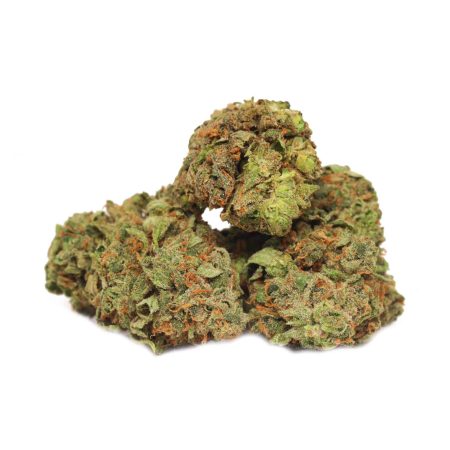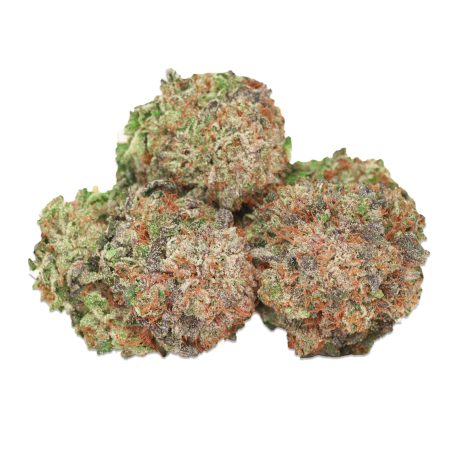The cannabis plant has a unique molecule called THC. It’s what gives users the high. The cannabinoid THC is what makes users feel euphoric, happy, relaxed, and let-go when they smoke weed. And because of its wide-ranging applications in so many fields, it’s no wonder that researchers continue to explore its implications further. In this blog post, we will highlight everything you need to know about THC and how it affects your body and mind.
What is THC?
THC is the most well-known and studied cannabinoid in cannabis. It’s present in both hemp and marijuana and can be used to create CBD oil. There are more than 85 cannabinoids found in the cannabis plant, and THC is the most well-known for its high. However, the marijuana plant also contains CBD that doesn’t produce a high. CBD is an antioxidant and anti-inflammatory compound that can be used to treat neurological disorders like seizures, multiple sclerosis, and epilepsy. It also has antibacterial properties, and it’s used to treat diarrhea, cancer, and pain. Apart from these, there are other cannabinoids present in cannabis, including CBG and CBC, that are used to treat nausea and vomiting.
How Does THC Work?
THC binds to cannabinoid receptors called CB1 and CB2. These receptors are found throughout your body, but are most concentrated in your brain and nervous system. In the brain, they help provide balance and homeostasis to your serotonin, dopamine, and GABA neurotransmitters — which are functions are important to your mood, appetite, and memory. THC also interacts with other parts of your body, such as your immune, digestive, and endocrine systems. Again, the interactions are different for each individual and are largely unknown. What we do know is that cannabinoids can help with nausea and chronic pain.
Health Benefits of THC
The health benefits of THC are numerous, but researchers have found that it may be particularly beneficial for treating pain, nausea, and inflammation. Some studies suggest that cannabinoids may be useful in the treatment of:
- Depression – Studies have found that THC may help relieve depression by increasing the flow of blood to the brain and increasing the amount of certain neurotransmitters like serotonin.
- Glaucoma – THC may be particularly effective in reducing eye pressure because it blocks a certain chemical pathway in the eye that otherwise increases fluid pressure inside the eye.
- Epilepsy – THC is effective in reducing seizures in patients with epilepsy, potentially because it activates a different part of the brain that’s involved in mood regulation.
- Multiple Sclerosis – Many studies have found that THC may help reduce the pain and muscle spasms caused by multiple sclerosis, possibly through the same pathways that antidepressants and analgesics activate.
- Palliative and Spastic Disorders – THC has shown some promise in reducing nausea and vomiting associated with chemotherapy and surgery in patients with cancer, HIV/AIDS, and other conditions that cause nausea.
- Pain – Several studies have found that THC may reduce chronic pain by activating the brain’s “endocannabinoid” system, which helps to regulate pain, mood, sleep, and more.
- Schizophrenia – Some studies have found that THC may be useful in treating symptoms of schizophrenia by reducing the risk of relapse.
Conclusion
THC is a compound that can be found in cannabis. Its high feeling is associated with feelings of euphoria, relaxation, and reduced anxiety. There are numerous studies that have investigated the health benefits of THC, and they show that the compound can ease pain, reduce the risk of heart disease, and improve the symptoms of nausea. It can also be used to treat epilepsy and relieve muscle spasms. Visit Budcargo.net online dispensary for all your cannabis needs.























